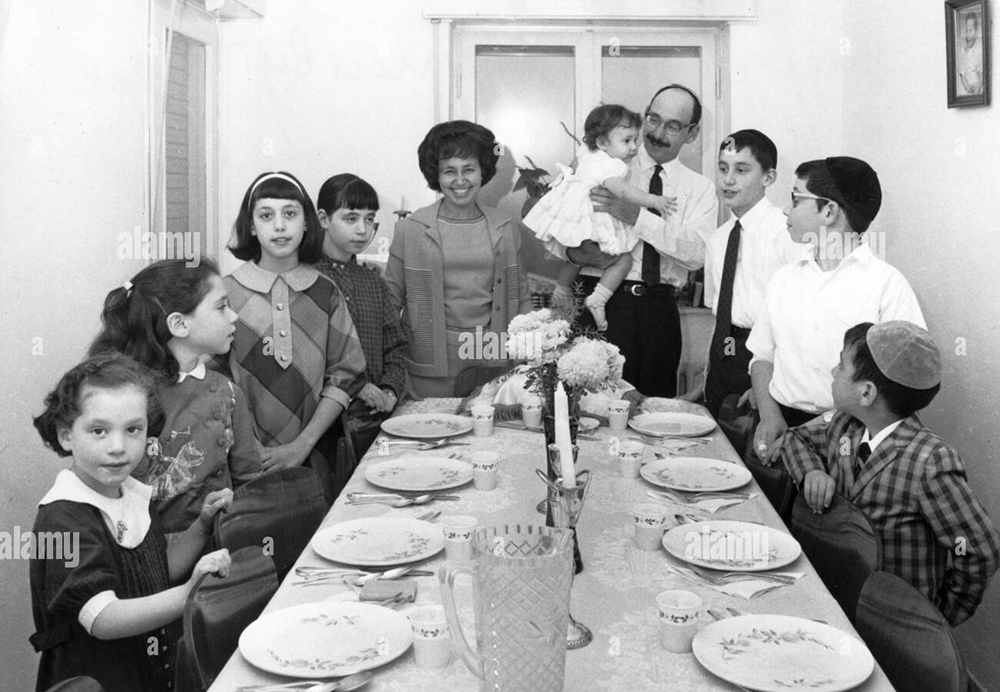
Experts in many fields related to education and child development have written about the importance of family experiences in the healthy growth and development of children. The family unit is fragile. It doesn’t take much to disrupt or dismantle it. It must be constantly cared for, nurtured, cherished, cultivated, and supported. We see too often the breakdown of the family unit as children grow and mature and have their own lives. Parents must make an effort to engage their children, speak with them, do things with them, so that there will always be a positive parent-child relationship.
Every parent wants this, but in today’s pressurized environment it’s not always easy. Often both parents work and there is a premium on time actually spent with children. Granted it is often difficult, but like many things, the dividends build up over time if the investment is consistent.
This effort must begin early and continue through middle school so that by the time they are in high school they will still want to spend time with parents.
There are many ways that parents can spend quality time with their children. Although scheduling may be difficult, having dinner together as a family every day is the strongest bonding experience. Starting in preschool and continuing through high school whenever possible, this activity has great relationship building results. Dinnertime does not have to last long, just enough to have some conversations, show interest in activities, talk, and generate the feelings of safety that children can share their lives with parents. It is also important that what is served is not fast food. Kids appreciate a good home-cooked meal. This activity will continue to yield dividends. It is more effective than planned vacations, trips or other family activities.
Parents want to be involved with their children’s lives. It cannot be forced. If family dinnertime becomes a natural or even sacred event — with notable exceptions for sports or special activities and sleepovers — the effort by parents will generate a positive relationship with children for the future.
Daily family dinners are hard. School events, team sports, shul meetings, business, etc., all conspire to make this extremely difficult. If it can be managed it will yield a great many benefits. However, sometimes it is just not possible. What is possible is the Shabbos meal. Granted that both parents and children are tired from a hectic week and need down time and sleep. Shabbos provides time for family bonding as well as rest and relaxation.

The wisdom of Jewish tradition in requiring three meals on Shabbos provides an opportunity for families to come together at the table as a family. Shabbos meals are more leisurely and the frenetic weekday is left behind. Families can sing zemirot together. They can review the parsha, deliver divrei Torah, and just schmooze. Parents are tired, but this precious time will yield dividends far into the future. In Pirkei Avot 5:23, Ben He He taught that according to the effort is the reward.
Raising children can at times be challenging and difficult. The most precious asset parents have is the time spent with their children on a consistent basis. Consistency means regularity and that means sublimating parents’ time needs to that of their children. Nannies, housekeepers or babysitters cannot do this. This may not be in keeping with modern pop psychology’s emphasis on “me time” and “healthy selfishness,” but it will yield yiddishe nachas and other positive results in the end.
There are no guarantees in life but the family that eats together will stay together.
Rabbi Dr. Wallace Greene is the incoming principal of Yeshiva Keren HaTorah of Passaic-Clifton, a new mesivta opening in September 2024.












